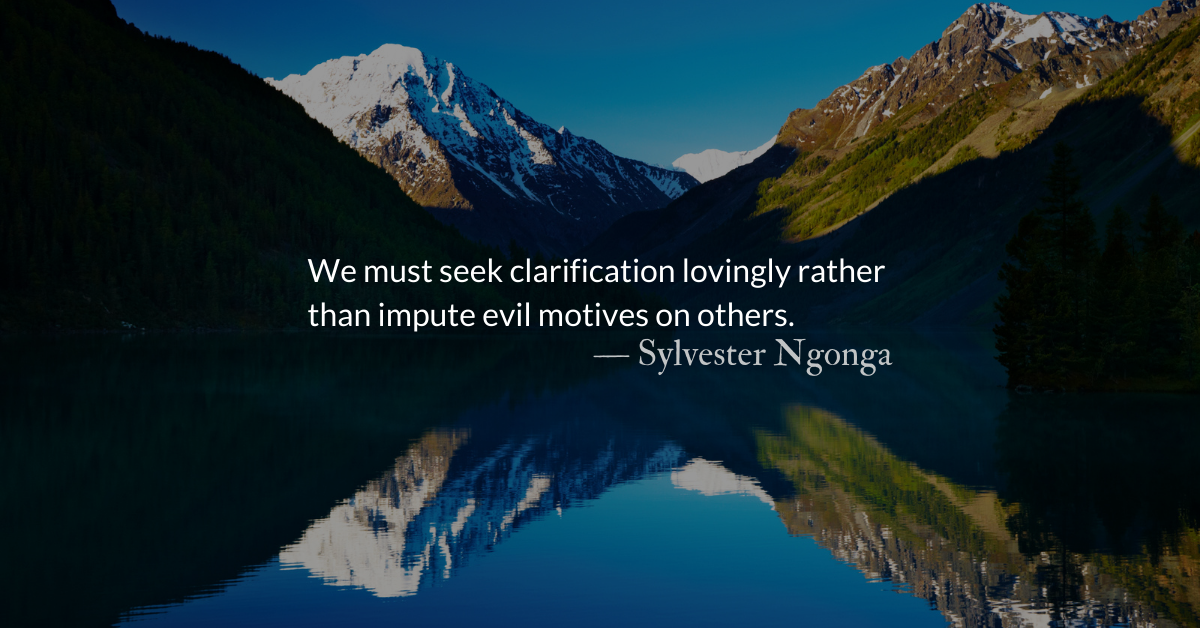Links for today’s readings:
Read: Joshua 22 Listen: (6:16) Read: Philippians 3 Listen: (3:21)
Scripture Focus: Joshua 22.24-28
24 “No! We did it for fear that some day your descendants might say to ours, ‘What do you have to do with the Lord, the God of Israel? 25 The Lord has made the Jordan a boundary between us and you—you Reubenites and Gadites! You have no share in the Lord.’ So your descendants might cause ours to stop fearing the Lord. 26 “That is why we said, ‘Let us get ready and build an altar—but not for burnt offerings or sacrifices.’ 27 On the contrary, it is to be a witness between us and you and the generations that follow, that we will worship the Lord at his sanctuary with our burnt offerings, sacrifices and fellowship offerings. Then in the future your descendants will not be able to say to ours, ‘You have no share in the Lord.’ 28 “And we said, ‘If they ever say this to us, or to our descendants, we will answer: Look at the replica of the Lord’s altar, which our ancestors built, not for burnt offerings and sacrifices, but as a witness between us and you.’
Hebrews 13.10, 15-16
10 We have an altar from which those who minister at the tabernacle have no right to eat.
15 Through Jesus, therefore, let us continually offer to God a sacrifice of praise—the fruit of lips that openly profess his name. 16 And do not forget to do good and to share with others, for with such sacrifices God is pleased.
Reflection: The One True Altar
By John Tillman
As a kid, “altars” confused me.
Our church’s “altar” was just steps up to where the preacher, music minister, and choir stood. But altars in scripture weren’t about teaching or singing. One memorable sanctuary had red-carpeted steps. I couldn’t imagine cutting up animals there. (But maybe that’s why they were red?)
“Altar calls” confused me. They happened anywhere, without red-carpeted steps. At evangelistic events in giant sports stadiums or around campfires at camps, we had “altar calls” with no altar in sight.
The confusion was partly linguistic. English uses “altar,” from the Latin “altare,” meaning a raised structure for offerings. But in Hebrew and Greek, the words more explicitly mean “to slaughter” or “to sacrifice.” To Hebrews especially, an altar without sacrifices was a strange thing.
This is why the western tribes assumed the eastern tribes’ altar violated the covenant. Instead, the eastern tribes explained, it was a non-functional, symbolic altar, a “place of sacrifice” without sacrifices. It represented the true altar where sacrifices were made. It was not a symbol of disunity, but a reminder of unity.
As Christians, our strange “altars” with no sacrifices, and our calls to come to the metaphorical altar do a similar thing. Hebrews makes clear that our altars point to the true and better altar—the cross of Christ.
The western tribes feared the eastern tribes betrayed the one true altar. The eastern tribes feared losing access to the one true altar. In reality, both altars pointed to the one true and better altar we all access. All altars point to Jesus and the cross.
Modern altars point back to the cross and every altar of God’s people in the Old Testament points forward to it. In a very real sense, there has only ever been and only ever will be one true altar—the cross. All other altars were and are only symbols.
When we corporately worship at or on a stage, we bring a sacrifice of praise, professing the name of Jesus. “Altar calls” call people to the cross. Our prayer lives happen at the altar of the cross.
Are you regularly approaching the true altar? Christ’s altar is one of unity. Don’t make the mistake of accusing believers of betrayal if their altars point to Christ’s altar.
Individually and corporately, make sure you regularly approach the true altar, bringing praise, repentance, and thanksgiving to Jesus.
Divine Hours Prayer: The Small Verse
My soul has a desire and longing for the courts of the Lord; my heart and my flesh rejoice in the living God. — Psalm 84.1
– Divine Hours prayers from The Divine Hours: Prayers for Summer
by Phyllis Tickle
Read more: God Makes the Disabled Holy
Our God makes the disabled holy along with us. Let us not allow anyone to label them…
Read more: Sacrifices Celebrating Peace
Whether financially, by labor, or by time, give and make sacrifices that establish or celebrate God’s peace.



